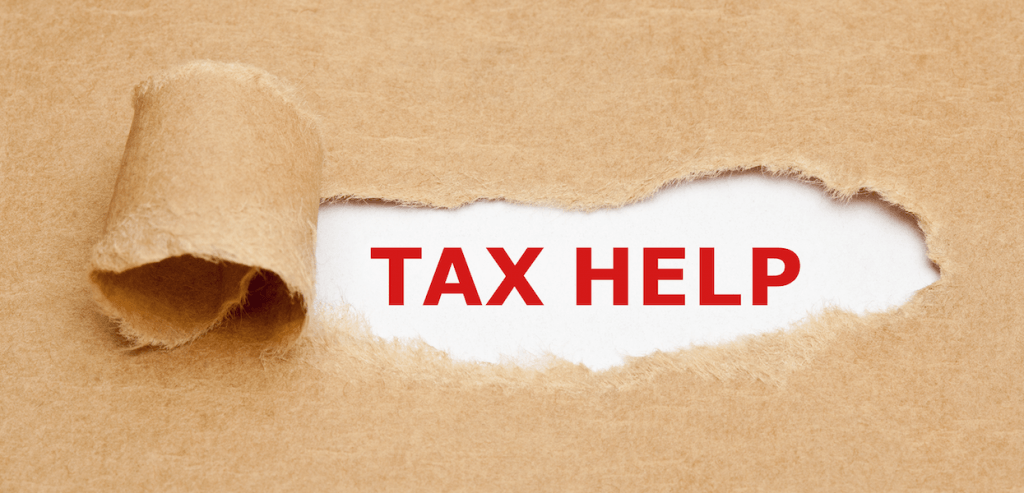2016 Year End Tax Tips
As financial literacy month winds down, now is a great time to review your personal finances and take advantage of any tax planning opportunities that are available to you (before the December 31 st deadline). Here are some tax tips you might want to consider to help reduce your 2016 taxes:
Making RRSP Contributions
This year the deadline for RRSP contributions is March 1, 2017, which means you have about 3 months left to contribute for the 2016 tax year. If you’ve contributed the maximum amount in previous years your 2016 contribution room is limited to 18% of your 2015 income (with a maximum contribution of $25,370), excluding any pension adjustments. Remember, contributions made as early as possible will maximize tax-deferred growth!
Paying Investment Expenses
To claim a tax deduction (or credit) this year, investment-related expenses must be paid. This includes things like interest paid on money borrowed for investing, or investment advising fees .
TFSA Contribution Reminder
The contribution limit for a TFSA in 2016 is $5,500. Luckily, there is no deadline to contribute to your TFSA!
If you haven’t previously contributed to a TFSA you can contribute up to $46,500 this year (as long as you are at least 18 years old and have been a resident in Canada since 2009).
Making Charitable Donations
It’s the season of giving! The last day you can make a donation and receive a tax receipt is December 31st. Lots of charities accept online donations and offer electronic tax receipts (most likely emailed to you instantly).
For Families with Kids
Education and Textbook Amounts
This is the last year to claim education and textbook tax credits (they are being eliminated January 1, 2017).
Claiming Federal Credits for Children’s Activities
This is also the last year you can claim two popular federal credits for your kids’ activities. If you don’t think you’ll spend enough to maximize these credits this year, perhaps consider prepaying these expenses for 2017. For example, if you’re planning on enrolling your kid in hockey or violin lessons in 2017, pay for the activities by December 31, 2016 and you can claim the credit(s).
When it comes to your finances, the earlier to you act the more likely you are to benefit from tax savings when you go to file your 2016 personal tax return. Of course, you should check with your accountant or tax advisor for your particular situation to see how you can reduce your taxes.
This article was originally written by Randy Cass and published here , on November 25th 2016.
Katherine Martin
Origin Mortgages
Phone: 1-604-454-0843
Email: kmartin@planmymortgage.ca
Fax: 1-604-454-0842
RECENT POSTS






